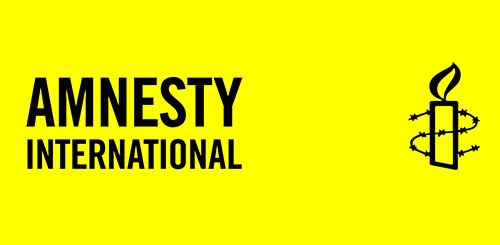As the date draws near for the National Council for Peace and Order (NCPO) to fulfil its promise to lift restrictions on political activities in June 2018, in place since the military coup of 22 May 2014, Katherine Gerson, Amnesty International’s Campaigner on South East Asia, said:
“The sweeping and wholly unjustified restrictions on human rights put in place by the NCPO in the wake of the coup were supposed to be exceptional and temporary measures. Four years on and countless abuses later, they remain firmly in place and are relentlessly deployed by authorities.
“After backtracking on previous promises, it’s vital that the NCPO delivers on its pledge to lift restrictions on political activities by June. But, taken alone, this move goes nowhere near far enough.
“Authorities continue to flagrantly use deeply repressive laws and decrees to target human rights defenders, activists and political opponents peacefully exercising their human rights to freedom of expression association and assembly. These laws must be lifted without delay. Hundreds of people should not be facing criminal proceedings for voicing their opinions and joining peaceful protests.”
Background
Since the military coup on 22 May 2014, the National Council for Peace and Order (NCPO) – the ruling military governing body – has systematically suppressed political opposition and criticism, including the peaceful activities of activists and human rights defenders, and made “political” gatherings of five or more people illegal.
Amnesty International is calling on the Thai authorities to guarantee an environment in which all people are free to peacefully gather, express and exchange opinions. The Thai authorities must drop all charges against peaceful activists and those in prison must be released immediately and unconditionally.






















